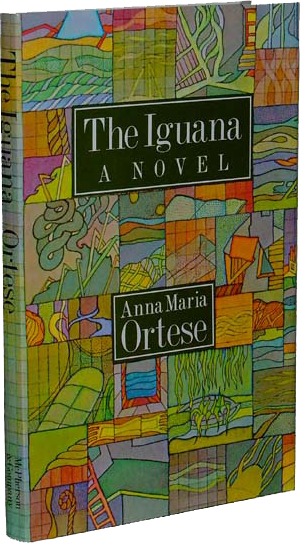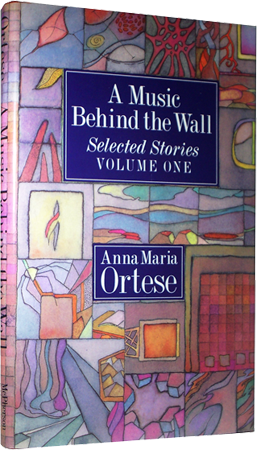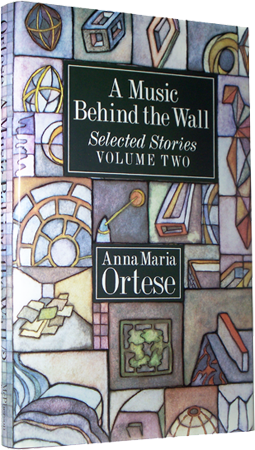ANNA MARIA ORTESE
|
Anna Maria Ortese was born in Rome on June 13, 1914, one of seven children, and grew up in southern Italy and in Tripoli. Her formal education ended at age thirteen. Her first book, “Angelici dolori”, was issued in 1937. In 1953 her third collection, “Il mare non bagna Napoli”, won the coveted Viareggio prize; thereafter, Ortese’s stories, novels, and journalism received many of the most distinguished Italian literary awards, including the Strega and the Fiuggi. Although she lived for many years in Naples following the Second World War, she also resided in Milan, in Rome, and for most of the last twenty years of her life in Rapallo. Ortese’s most famous novel, The Iguana, was published in English in 1987 by McPherson & Company, which has also published two volumes of her selected stories under the collective title, A Music Behind the Wall, also translated by Henry Martin. Anna Maria Ortese died in Rapallo on March 9, 1998. "Today, Anna Maria Ortese is considered one of the most authentic and original voices in contemporary European literature. While her work remains impossible to categorize within the rigid boundaries of the literary canon, the new interest that critics from all over the world (and particularly Italy and North America) have shown in her work, and the numerous contributions that have appeared from critics in the past five years, show that many aspects of her fiction and poetry have yet to be discovered and analyzed fully. Her sensitivity to the suffering of less fortunate human creatures; her conception of man as a mere "guest" on earth and the necessity to respect and love the entire planet and its creatures; her creation of "a new language" to express the "impossible"; her incredible style of narration - all of these things make Anna Maria Ortese one of the most interesting and original writers of the 20th century."—Cosetta Sena Reed, entry in U. Chicago's "Italian Women Writers" webpage: www.lib.uchicago.edu/efts/IWW/BIOS/A0225.html To come To come |



